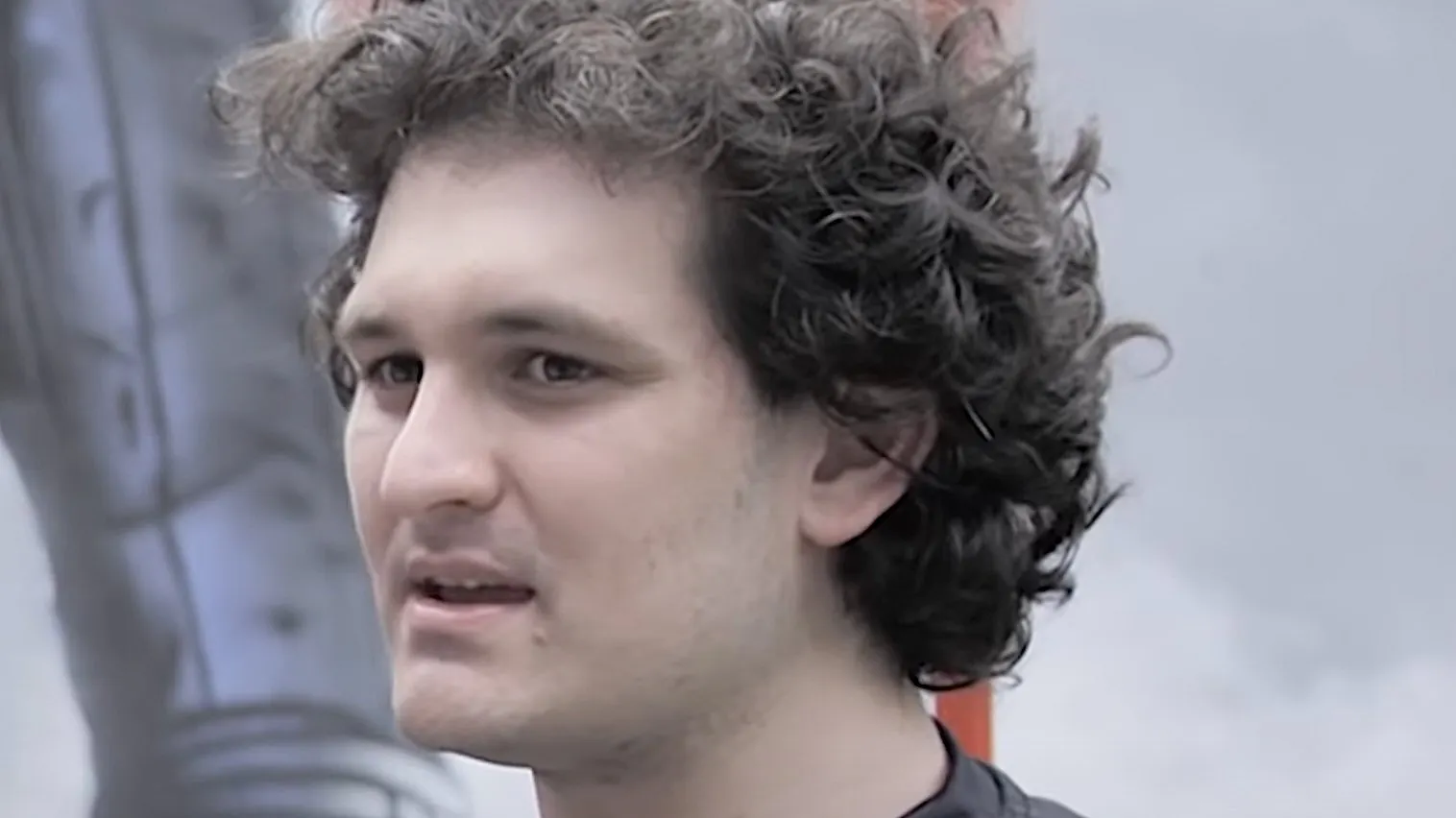Attorneys representing Sam Bankman-Fried confirm that he talked to and shared documents with The New York Times for a story about Caroline Ellison last week, but insist "he's done nothing wrong."
Ellison, his former lover and one-time CEO of Alameda Research, was the subject of an in-depth article in the Gray Lady last week.
U.S. prosecutors subsequently claimed that Bankman-Fried, who is facing criminal charges from his ill-fated stint as CEO of FTX, had shared the diary entries with the press in an attempt to "discredit" Ellison—and asked a judge to prevent him from making statements that could potentially interfere with a fair trial.
But in a letter to Judge Lewis A. Kaplan over the weekend, Bankman-Fried's lawyers accused the government of misconstruing an incident "where nothing improper or impermissible occurred."
The July 22 message from Cohen & Gressler LLP denies that Bankman-Fried sought to discredit Ellison and taint the jury pool—and instead, argued that the FTX founder was giving a right of reply to an article that had been in the works for months.
"Mr. Bankman-Fried did not violate the protective order in this case, nor did he violate his bail conditions, nor did he violate any law or rule governing his conduct," the letter said. "Rather, Mr. Bankman-Fried was exercising his rights under the First and Sixth Amendments to respond to an inquiry from the media."
The NYT revealed that Elliosn had been "feeling pretty unhappy and overwhelmed" with her role leading the trading firm, which was the sister company of the doomed FTX exchange. Her diary entries went on to admit that she didn't feel "well suited" to the role—and struggled in areas such as "leadership" and "decisiveness."
Ellison also allegedly wrote "it feels great" on the day FTX collapsed, a day that left millions of customers locked out of their funds and sent the crypto markets into a tailspin.
The lawyers went on to argue that Ellison was depicted sympathetically light in the Times article, while Bankman-Fried was not—and went on to attack FTX's new CEO, John J. Ray III, for "routinely and gratuitously attacking" his predecessor.
"Mr. Bankman Fried, who has asserted his innocence despite these public attacks, has a right to counter that public narrative by making fair comment in the media," Mark S. Cohen and Christian R. Everdell wrote.
The crux of Bankman-Fried's argument is this: Ray and FTX's new management have also made inflammatory remarks about him in recent months, but the government "stood silent"—even when he was accused of being a villain, a liar, and driven by "hubris, incompetence and greed."
His legal team went on to stress that no bail conditions were broken when Bankman-Fried invited a Times reporter to his parents' home in Palo Alto, California, where he is under house arrest.
"This visit was far from secret," they wrote. "Mr. Bankman-Fried followed all conditions and procedures under the bail conditions for receiving visitors, including having a security guard screen the reporter for prohibited electronic devices and entering the reporter’s name on the visitor log."
The letter goes on to stress that the documents the FTX founder showed to the journalist were not produced in the discovery process—"as the government concedes"—but stops short of saying what they were.
And Bankman-Fried's lawyers firmly denied any suggestion that he had attempted to harass, discredit or cast Ellison in a negative light.
"Mr. Bankman-Fried did not seek out The New York Times," the lawyers wrote. "The reporter approached our client for comment on a story in progress. The story implicated Mr. Bankman-Fried as much as it did Ms. Ellison, and our client agreed to provide his perspective."
Bankman-Fried has now agreed to avoid making statements that would interfere with the right to a fair trial by an impartial jury—on the condition that all parties and witnesses in the case also comply.

